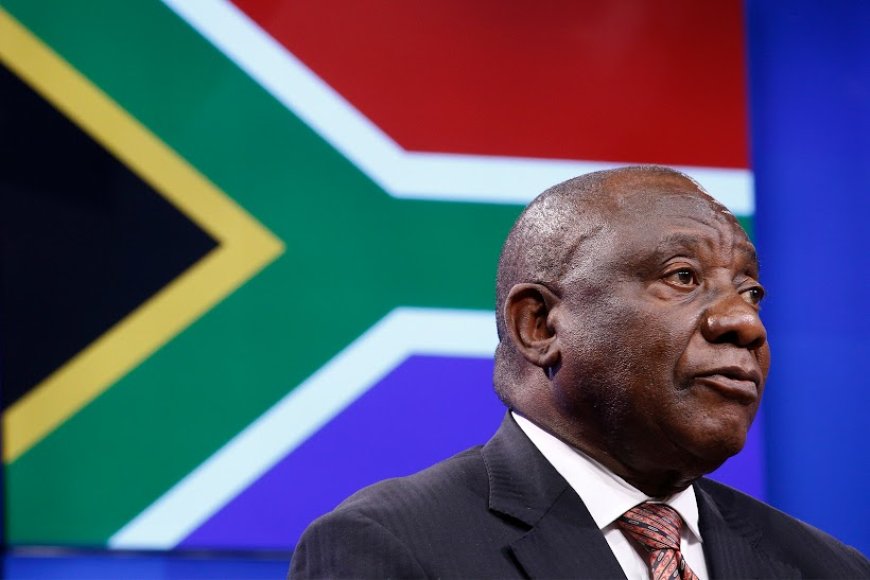South Africa’s Coalition Government Struggles to Find Harmony
In a political landscape characterized by tension and disagreement, South Africa’s two major parties, the African National Congress (ANC) and the Democratic Alliance (DA), find themselves in a complicated coalition known as the Government of National Unity (GNU). Formed in the wake of last year’s elections, this partnership has become a source of public spectacle, with both parties struggling to maintain their composure amidst rising frustrations.
The ANC, which historically led the country to democracy under Nelson Mandela in 1994, lost its parliamentary majority and turned to the DA, a primarily pro-business party, to help govern. Their unlikely partnership recently marked its first anniversary, but the celebrations were far from jubilant. Instead, public arguments and disagreements continued to erupt, bringing their differences into stark relief.
A Fragile Alliance
The GNU’s necessity stems from the fear of more radical factions gaining influence, such as the Economic Freedom Fighters (EFF) and uMkhonto weSizwe (MK), both of which are led by former ANC officials. Analysts, including Dr. Levy Ndou, note that while this coalition might have initially surprised many, the business community largely supports it as a stabilizing force. However, skepticism remains regarding whether a successful partnership can truly take shape.
President Cyril Ramaphosa of the ANC and DA leader John Steenhuisen recently displayed a united front during a tense meeting with U.S. President Donald Trump. During this encounter, they accepted the need to reassure Trump of the majority of white farmers’ intentions to stay in South Africa despite recent incendiary claims. This incident marked a rare moment of collaboration for the coalition, demonstrating that, when needed, the GNU can present a unified stance on international issues.
Internal Strife
However, the fragile nature of this alliance is evident in recent conflicts, particularly concerning the dismissal of Andrew Whitfield, a deputy minister from the DA. Steenhuisen publicly aired his grievances, criticizing Ramaphosa for advancing controversial legislation without prior consultation. This included contentious amendments like the Expropriation Act, which permits the state to claim privately owned land without compensation.
Steenhuisen also condemned a recent budget proposal that would have increased Value Added Tax (VAT), which was ultimately retracted following public outcry and legal challenges mounted by the DA. Such conflicts highlight inherent tensions within the GNU, where the DA often acts in a dual capacity as both a government member and an opposition party.
| Issue | ANC Stance | DA Response |
|---|---|---|
| Expropriation Act | Supports enhance land redistribution | Opposes, calls for stability in property rights |
| VAT Increase Proposal | Proposed by Finance Minister | Legal action led to its withdrawal |
| Whitfield’s Dismissal | Support for decision | Accusation of acting unilaterally |
Looking Ahead
As uncertainty looms over the future of the GNU, both Ramaphosa and Steenhuisen appear reluctant to sever their ties, perhaps fearing voter backlash. Political analysts suggest the ANC’s hesitance may stem from its diminished confidence, while the DA, in turn, may worry about the consequences of pulling out of the coalition.
Despite the ongoing struggles, there is recognition within both parties that they must address their internal conflicts. Steenhuisen highlighted the need for improved communication and collaborative mechanisms to resolve disputes, emphasizing that progress has been stymied by a lack of dialogue within the coalition.
The future remains uncertain as both the ANC and DA grapple with their public image and the challenge of governance in a complex political environment. Whether they can navigate their differences for the benefit of the South African populace remains to be seen.


